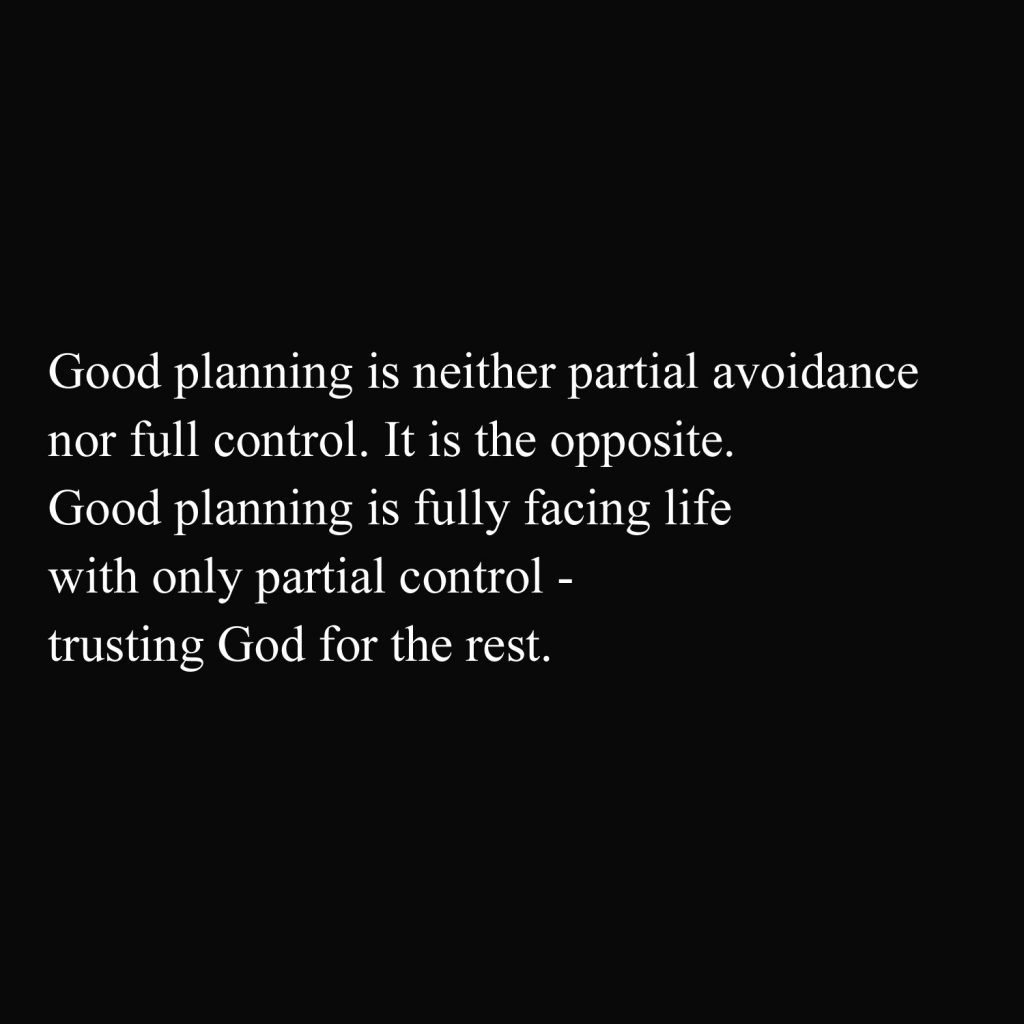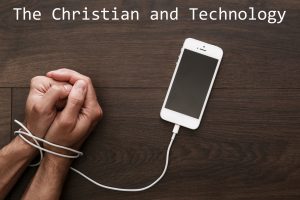What is Good Planning?

My shower drain was partially clogged. By the end of each shower, I’d be standing in two inches of soapy, used water. I’d be all clean – except for my feet – a very incomplete feeling. But I ignored it. Because if I noticed it…well then…troubling questions would arise. Questions that I wasn’t sure how to answer (Where is the clog? How much work to get it out? What if I had to call someone?). The questions pooled around my feet. Better get out quickly.
I know what you are thinking. Yes, I tried Draino, and yes, the industrial-gel kind. And yes, more than once. Yet the clog persisted, as did the questions. Once I got into dry socks, however, the troubling sensation faded pretty quickly. That is, until my wife started mentioning the ‘standing-in-dirty-water-feeling’. She had questions too (What should we do? What about Draino? And then the dreaded: Do you think we should call someone?). I felt that very incomplete feeling again.
Now, I have a weekly planning time. Each week, the initials ‘WPT’ show up on my calendar – set aside space to deal with questions. During that time, I ask ‘Dreaming Questions’ (Who do I want to be? What is God saying to me?). And the time is designed to also ask ‘Troubling Questions’ (When will I have the oil changed? Next step with a broken relationship?). But somehow the clogged drain never made the list. And since it didn’t make the list – the problem lingered. And worsened.
My trouble with planning isn’t because I don’t know how. And it isn’t because I don’t have a time designated to do it. My trouble with planning is that I don’t like standing barefoot and shivering in a pool of uncertainties. My trouble is that I don’t like being troubled.
My First Mistake
That’s why I avoided having a scheduled planning time for so long. I don’t like facing the uncertainties. When you sit down to list your priorities for a week, the troubles and the uncertainties you’ve been avoiding begin to rise around your feet. The question arises: What will be your response? Reluctantly, after some passage of adult life, I accepted the fact that ignoring trouble doesn’t make it go away. That’s when I decided to move on to my second mistake.
My Second Mistake
I thought that if I planned well enough, then I could eliminate trouble. Instead of avoiding it after the fact, I came to believe that I could head it off before the fact. Of course there is an element of truth in this: Had I used Draino sooner, perhaps my drain would have remained open. But there is an old, old lie embedded here too. The lie is: if a little competence can unclog drains, then perhaps a lot of competence can unclog life.
Thus my second foolish mistake: I tried to believe that good planning could go beyond maintenance and attain control.
But good planning is neither avoidance nor control. Good planning is facing trouble and embracing limited control. Good planning is more about courage (facing trouble) and humility (accepting limits) than it is about competence. Said another way, good planning is attempting tasks (small or great) in faith (small or great).
What Happened to The Shower?
Finally, when the shower water reached my ankles, I put it on the list. “This Saturday, I’m going to do something,” I told myself and my wife. I am grateful to say that I accomplished the 20 minute job in under three hours and a trip to the hardware store.
‘Facing trouble’ got it on the list. ‘Embracing my limited control’ got me to ask google and the clerk in the plumbing aisle what to do. In this case, my limited competence exceeded (with help) the scope of the trouble. The water dropped and the drain ran clear. Oh happy feet!
But not all life-clogs work this way. Anyone who has a spouse or child with a stubbornly closed heart knows that no amount of verbal-Draino will open someone up if they don’t want to open up. Good planning means something different in this case. ‘Facing this trouble’ means naming it, listing it and feeling it. And ’embracing this limited control’ means doing what you can (graciousness, loving confrontation, etc.) but knowing that beyond that, you have to wait and trust.
Good planning is neither partial avoidance nor full control. It is the opposite. Good planning is fully facing life with only partial control – trusting God for the rest.

Roger Edwards joined The Barnabas Center in 1991. In addition to counseling individuals & couples, Roger teaches & leads discussion groups about applying the Bible to everyday life. He is a licensed professional counselor, holds a master’s degree in biblical counseling from Grace Theological Seminary in Indiana & earned a bachelor’s degree in engineering from UNCC. He is married to Jean, and they have seven children.







